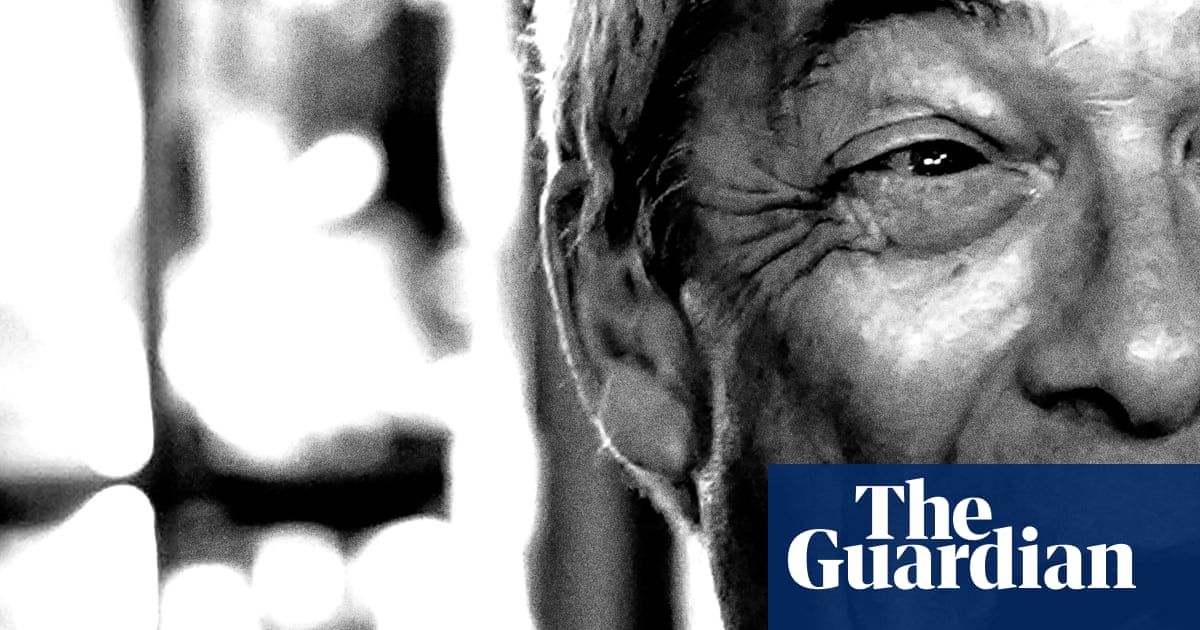Percival Everett’s ingenious novel James was indisputably one of the books of 2024: it was the winner of the National Book Award for fiction in the US and shortlisted for the Booker prize in the UK. The plot is a retelling of Mark Twain’s The Adventures of Huckleberry Finn, except this time round the narrator is Jim, Huck’s enslaved sidekick. James cranks up the ever-swelling appreciation for the 68-year-old Everett: his 2021 book The Trees was also Booker-shortlisted and an earlier novel, Erasure, was adapted into the Oscar-winning 2023 film American Fiction. He lives in Los Angeles with his wife, the novelist Danzy Senna, and two children, and we caught up with him in his workshop, where he writes and also repairs guitars.
James is such a brilliant concept. Do you remember the moment when you came up with it?
Deciding to write a book, it never feels like a great idea. It’s always like knowingly entering a bad marriage. If you had any sense, you wouldn’t do it, but you know you’re going to do it. But my wife, who is smarter than I am, said: “This is a great idea.” She was behind the book from the beginning, but I still am not so sure about it.
You must be thrilled by the response to the book, no?
Of course, it’s a positive thing, but I’m so sick of this book. To tell the truth, that a literary novel is getting this much attention – I don’t even care that it’s my book – makes me really happy for the culture. But I don’t delude myself; my self-worth is not invested in this and it has very little to do with me at this point. Am I proud of it? I don’t think so. But it’s interesting to watch.
Before you started writing James, you read Huckleberry Finn 15 times. What did you hope to achieve?
I wanted to blur the story. I wanted to refer to it from memory of that world, rather than from memory of the text. The most brutal realisation at the end of 15 readings was I probably could have gotten away with 10. It was a good exercise, but I did end up hating the novel. I don’t think there’s a flaw in it that I haven’t found, but the world remained.
It seems you don’t mind taking down a sacred cow. You once described Harper Lee’s To Kill a Mockingbird as “poorly written” and said “sentence to sentence, I fiercely hate it”.
No, it was a really pretty badly written novel that made a great movie. Someone could probably make the same claim about me.
You went to the Oscars with American Fiction, where it won best adapted screenplay. Was that a buzz?
Aww, that’s all silliness. My wife and I went and we thought it was kind of ridiculous. It was: “Great, we never have to do that again!” The weirdest thing about the Oscars was going there dressed in that silly way, looking across the street, and there was a protest going on. And we felt like we were on the wrong side of the street.
Are you braced for it happening again: isn’t Steven Spielberg involved in making a movie of James?
Spielberg is producing James. And right now I’m working with Taika Waititi [Jojo Rabbit and What We Do in the Shadows] as the possible director. And they’re both great. I did tell Spielberg that I was hoping to work with someone slightly more established, but I’d go with a novice.
Is your screenplay quite faithful to the book?
Who knows how it’s actually going to work. Waititi’s got a wonderful sense of irony and a craziness that I’m drawn to. And Spielberg’s really smart, earnest, and I think a genuinely good person. Maybe Steven alone would be too earnest for me, and Waititi might be too crazy for me, but together they seem a perfect match.
Would you want to be involved in casting?
First of all, I’m so dumb about who actors are these days. I’m always meeting people I have no idea who they are. One day on the street I was talking to a young woman who had a bulldog. I didn’t know who she was, and I still am not sure who she was, but my wife said, “That was…” I’m going to get the name wrong: Lindsay Luhan?
Lindsay Lohan?
Yeah. Still, I don’t know who she was, but I know I should have known.

What’s the instrument on the wall behind you?
That’s called a cuatro. It’s a 10-string instrument, very popular in Puerto Rico. Before Covid… well, I should say, before Trump, I would go to a music shop and play with these Latino guys and they gave me that. And then someone was deported and we fell apart. Then Covid hit and we never played again.
What do you like about fixing instruments?
Well, I like working with my hands. I used to train horses on a ranch about 60 miles from LA, so that’s when I really started woodworking. I learned it on YouTube, actually, from some guy in Arkansas. His name’s Jerry Rosa, and I’d probably never agree with him about anything on any matter, but I watched him fix guitars, and learned how to do it.
Wasn’t there also a period where you grew more than 100 varieties of roses?
Yeah, that was when I was training horses. I had a garden on my ranch and it was all old roses. I don’t like hybrid teas [the largest and most common group of the flowers], so old roses. And who doesn’t like having an ongoing war with aphids?
You seem to have a lot of hobbies. When does the work happen?
Well, I have to do something when I’m trying to procrastinate. I usually put my procrastination off until tomorrow, though. That way I get some things done. But if you just came into my house at any time and said, “Let’s go to a movie,” we’d be on our way to a movie.
-
James by Percival Everett (Picador) is out in paperback on 27 February. To support the Guardian and Observer order your copy at guardianbookshop.com. Delivery charges may apply

.png) 2 months ago
20
2 months ago
20













































